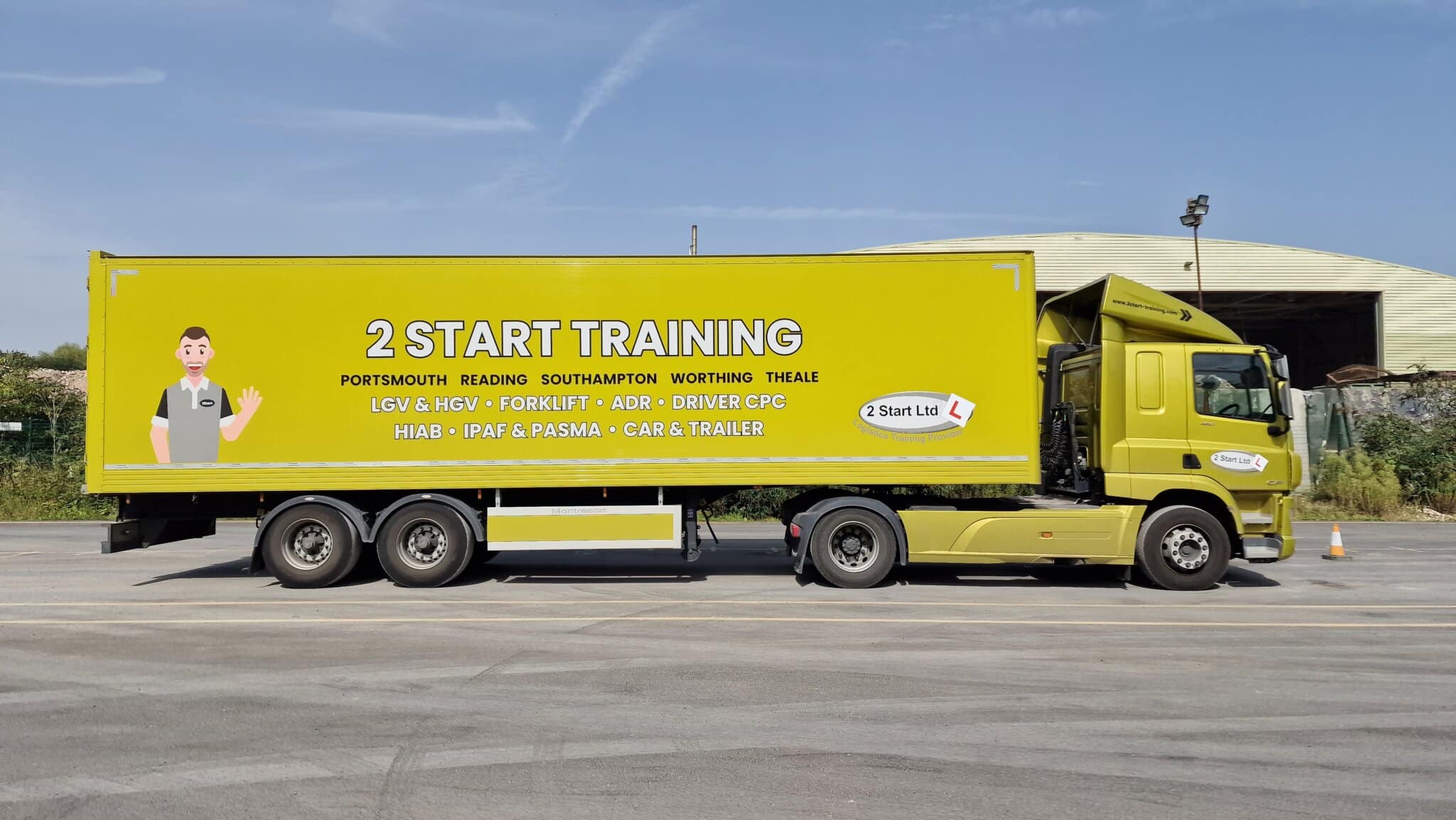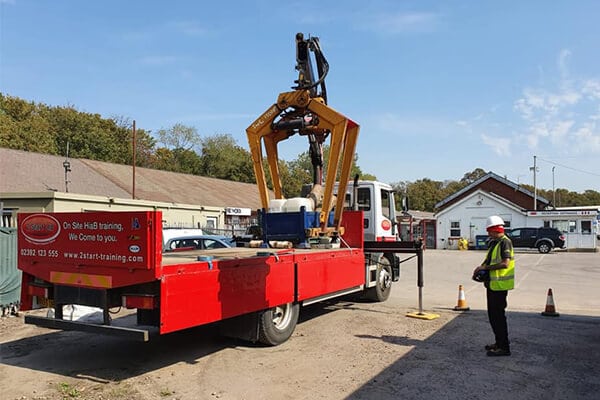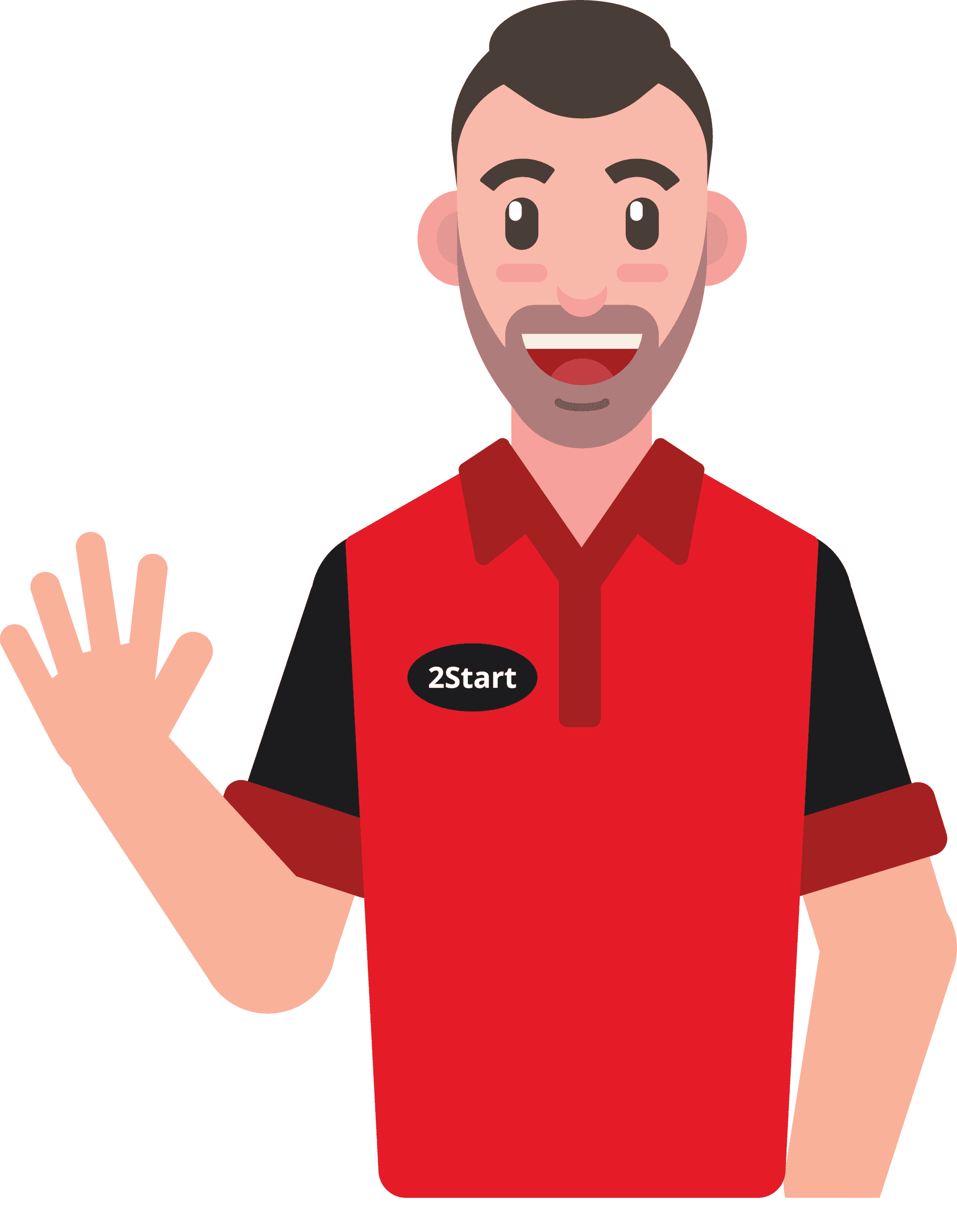Do you need to operate a vehicle for commercial purposes? You could be asking yourself this question if you are a newbie in the road haulage or Passenger Carrying Vehicle (PCV) industry.
But before you decide as to whether or not you do need to drive, you need to first learn what commercial driving is, and what you need to do to become a commercial driver.
Commercial driving revolves around goods or passenger vehicles being used in a business. A commercial licence (also known as Operator Licence) is compulsory to ensure that all operations are being completed safely and competently, in line with the rules and regulations in place by the Department for Transport (DfT).
What is considered commercial driving?
It is important to be aware that if you are driving a vehicle over 3,500kg for commercial purposes, you will need a Drivers Qualification Card (also known as DQC).
Commercial driving is classed as anyone transporting goods, or carrying more than nine passengers for work, not as a hobby. The main difference between the two is that as a commercial driver, you are paid for transporting goods or passengers, as opposed to driving as a hobby, without being paid, or only doing it for very small periods of time.
Commercial drivers must adhere to the Working Time Directive, which helps HGV and PCV operators remain safe and compliant. This also

Commercial Driver Roles
Examples of jobs that include being a commercial driver range. From working as a courier or delivery driver. However, there are so many more job roles that fall under the same criteria as a commercial driver.
Other roles range depending on your skillsets, your certifications and the business you are (or looking) to work in. This is because some companies may require you to know how to use other apparatuses, such as HIAB cranes, or ADR.
How to get a commercial licence
To obtain a commercial licence, you need to complete training and testing on both the theory and practical aspects of the licence you are looking to acquire.
The types of vehicles used for commercial purposes include:
- Category D+E
NOTE: While 2 Start can support Category D+E, you will be required to have your own suitable vehicle and trailer for this specific category only.
You could also be a commercial driver with a Category B licence. Such as driving vehicles no greater than 3500kg.

There are several training steps you must complete throughout your licence acquisition. This will include completing hazard perception and multiple-choice theory tests, as well as 3a off-road and 3b on-road practical tests after a medical.
You will also need to complete the Mod 2 CPC case study theory test, and the Mod 4 practical demonstration CPC test.
Once you successfully pass all components, you will be awarded your Drivers Qualification Card (DQC).
Getting Your Qualification Card
When you receive your DQC, you can then begin your job role as a commercial driver. Whether you are starting out alone as an independent business, or you are looking to join a company.
If you are starting out as a new HGV driver, and you are looking for an entry job with a business, you may want to read our blog post discussing how you can land your first job as an HGV driver.
You can also use the 2 Start job vacancy board, which supplies job offers aimed at newly qualified drivers.
Specialist Commercial Driving
If you already have your DQC and Heavy Goods Vehicle (HGV) or PCV licence, you may think about upskilling your job role. An example of this would be operating more specialist HGVs, such as a Lorry mounted crane.
This means that you will be able to drive the vehicle to a job, and use the crane attachment on the vehicle for a job. You would also need to complete ALLMI HIAB training, and train for the attachment you need to use for work. 2 Start offer training for the Brick Grab; Hook & Clamshell attachments. Our off-site training options at your site also cater for additional attachments as well.

Conclusion
Becoming a commercial driver is rewarding in so many ways. Rather than being stuck in an office 24/7, you can drive through so many counties, and potentially countries! Upskilling is also more realistic in the road haulage sector, as you can get certified for other types of work you can implement with an HGV.



Leave a Reply